Reflections on Summers of Service
On Tuesday, September 26, the 2017 summer interns in Lived Theology gave final presentations on their partnerships with the community, wrapping up this year’s summer internships in lived theology. This year’s cohort included Megan Helbling (Col ’18), Sarah Katherine Doyle (Col ’18), and Joseph Kreiter (Col ’17).
 Megan Helbling
Megan Helbling
“Intentionally incorporating others’ stories into our lives is the best way to make our theologies as comprehensive as possible of the entire Kingdom of God.”
Megan is a University of Virginia student majoring in English and religious studies. As a summer intern, she worked at The Haven, a multi-service day shelter for people experiencing homelessness in downtown Charlottesville. Read her final project here.
 Sarah Katherine Doyle
Sarah Katherine Doyle
“Community living can be messy. But using our senses and our breath to re-engage in the present, particularly at Magdalene, means re-engaging with a community of survivors at a vast range of phases in their recovery processes. It means re-engaging with glory.”
Sarah Katherine is a University of Virginia student majoring in English and religious studies. As a PLT summer intern, SK served women who are survivors of trafficking, addiction and prostitution at Magdalene, a residential program connected with Thistle Farms Social Enterprises in Nashville, Tennessee. Read her final project here.
 Joe Kreiter
Joe Kreiter
“It is my hope that I can help to improve the material stakes of underprivileged residents of the Bay Area, if even only in a small way, to lighten their load a little bit so that they, too, can find some time for rest.”
A recent University of Virginia graduate, Joe double majored in East Asian studies and English. For his PLT summer internship, he worked with Urban Adamah, a Jewish community farm in downtown Berkeley, California, which seeks to integrate Judaism, organic farming, mindfulness and social action to foster love, justice and sustainability. Read his final project here.
To read the intern blog comprised of each student’s reflections over the summer, click here.
The Summer Internship in Lived Theology is an immersion program designed to complement the numerous existing urban and rural service immersion programs flourishing nationally and globally by offering a unique opportunity to think and write theologically about service.

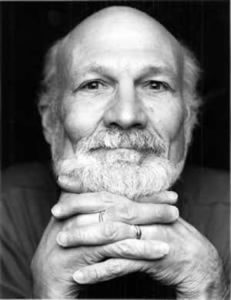 Securing Kierkegaard’s Witness for Us Today
Securing Kierkegaard’s Witness for Us Today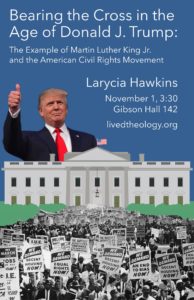 On the Prophetic Guidance of Civil Rights Witnesses
On the Prophetic Guidance of Civil Rights Witnesses
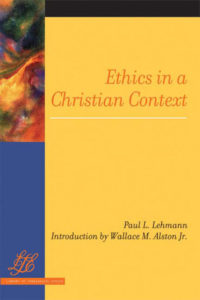
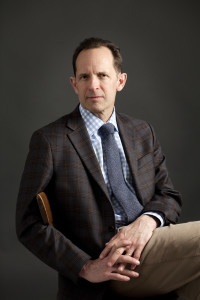 On Common Values, Shared Visions Between Faith Communities
On Common Values, Shared Visions Between Faith Communities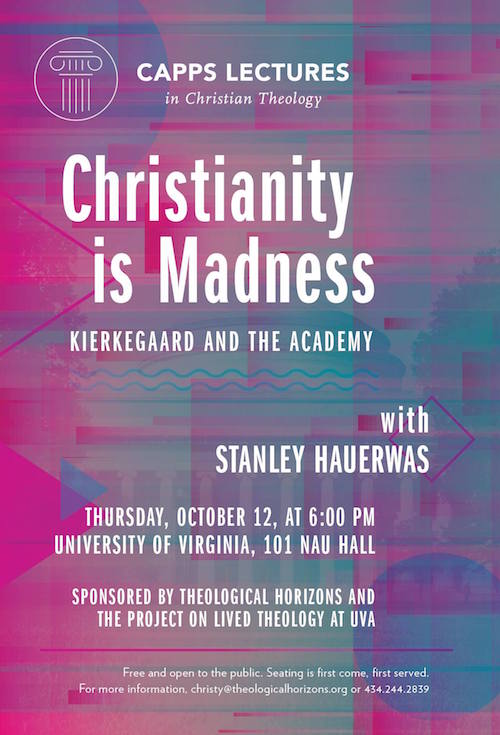 2017 CAPPS Lecture
2017 CAPPS Lecture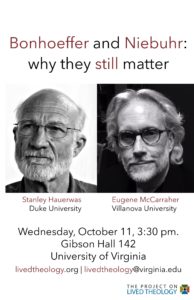 Seminar Discussion with Eugene McCarraher
Seminar Discussion with Eugene McCarraher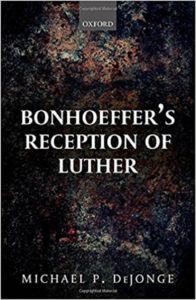
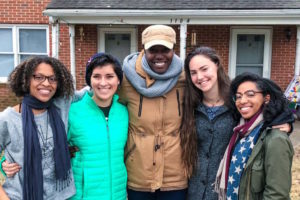 Current events in American social spaces, including the recent white supremacy rallies of August 11 and 12, have made loving your neighbor a difficult undertaking. Named in honor of civil rights activist John M. Perkins, The Perkins House has been established in Charlottesville’s 10th and Page neighborhood to commit to this endeavor. Its mission is to give undergraduate students the opportunity to live in a mixed-income, multi-ethnic, and inter-generational neighborhood to prepare them for a lifetime of incarnational ministry and community partnership.
Current events in American social spaces, including the recent white supremacy rallies of August 11 and 12, have made loving your neighbor a difficult undertaking. Named in honor of civil rights activist John M. Perkins, The Perkins House has been established in Charlottesville’s 10th and Page neighborhood to commit to this endeavor. Its mission is to give undergraduate students the opportunity to live in a mixed-income, multi-ethnic, and inter-generational neighborhood to prepare them for a lifetime of incarnational ministry and community partnership.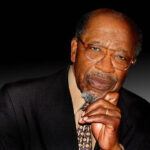 “This house will be a group of young people trying to live out an authentic faith, following the great commandment of loving God and loving each other,” Perkins said. “In this world today, there is so much division and violence, and it has been my life’s effort – and that of my wife and many others – to live a life of love.”
“This house will be a group of young people trying to live out an authentic faith, following the great commandment of loving God and loving each other,” Perkins said. “In this world today, there is so much division and violence, and it has been my life’s effort – and that of my wife and many others – to live a life of love.”